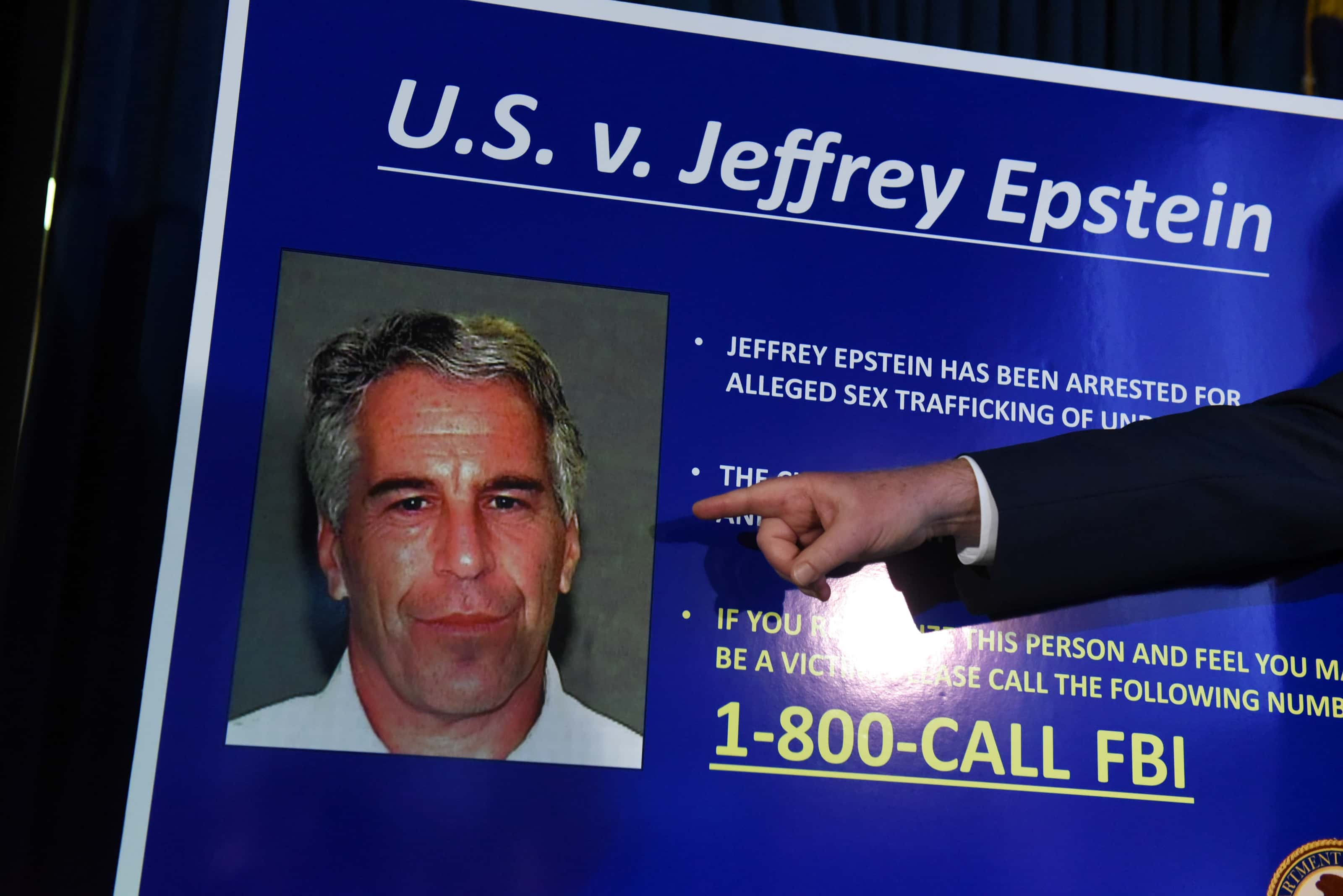Victoria's Secret model Erin Heatherton turned to 'bathwater meth' to stay skinny

A new podcast about Victoria’s Secret has delved deep into the origin of one of the most iconic brands in the world, and the unhealthy practices followed by its models to keep working for it. 'Fallen Angel' has also investigated the “very sinister ecosystem” of the lingerie giant and the connection its founder Lex Wexner had with disgraced financier Jeffrey Epstein.
“I think … Les Wexner and Jeffrey Epstein’s relationship was deep,” said Vanessa Grigoriadis, a journalist and the podcast’s co-host.
“And there are many people who believe that the bulk of Epstein’s money — the money that Epstein used to buy all these extraordinary properties and create an image for himself that attracted all these wealthy men to his side, and also abuse all of these women and girls — most likely came from Les Wexner.”
In 2019, Epstein died in an apparent suicide while he was in federal custody; the 66-year-old was facing up to 45 years in prison on charges of sex-trafficking several teenage girls. Eventually, Wexner claimed that he had been “taken advantage of” and was "embarrassed" by his connection with Epstein.
READ MORE

Unrealistic beauty standards
The podcast also talks about what it is like to be a VS model. Considering the kind of body image that the lingerie giant promoted, many models reportedly went down a “path of eating disorders, poor health, depression, anxiety, and other issues".
Grigoriadis' co-host Justine Harman, the former features director at Glamour magazine, said, “One Victoria’s Secret Angel, Erin Heatherton, told us that she was on a substance called phentermine. She was taking that on a daily basis…it helps you lose a pound a day.”
Heatherton says in an upcoming episode that when she was around 25, she realized her body had changed and “I was just a little bit bigger.” “That pushed me over the edge a little bit. It definitely led me down this path where I went to see this nutritionist who started me on this diet pill called phentermine, which my therapist later called ‘bathwater meth,'” says Heatherton.
“I don’t know. I was just like, ‘Let me Lance Armstrong this because I’m renovating my condo. I can’t lose my job right now.’ I started injecting myself with HCG [human chorionic gonadotropin, sometimes used in conjunction with phentermine].”
Phentermine is an amphetamine-like prescription medication that suppresses appetite. Among various side effects that it carries, it leads to increased heart rate. “We’re talking about an already lean model losing weight,” Harman said. “They may lose the muscle, which may make a viewer at home think, ‘Oh, she doesn’t look that healthy.’ But when these women have these chiseled abdomens and these sculpted arms, even if they’re so skinny, we tell ourselves she’s an athlete, that’s just what her body looks like.”
Among the women who have opened up about the brand's terrifying beauty standards is Australian model Bridget Malcolm, who spoke about suffering from an eating disorder in an attempt to achieve “sample size”.
She also claimed that her agents suggested she do cocaine to lose weight. “I was reliant on anti-anxiety medication to get through the night….My body wasn’t working,” she said on the podcast. “I didn’t feel present at all. I was not there. I’m one of countless women, not just models, but women all around the globe who have been damaged by the story that they put out. And I know among models, it has hurt so many of us."
“I have diagnosed PTSD, complex PTSD. I have had really bad panic attacks and I’ve had some really, really serious mental health struggles that weren’t in my life prior to Victoria’s Secret and modeling," she added.

Grigoriadis told New York Post that the brand's unethical journey deserves to be brought to the fore. “I grew up with this stuff pumping through my veins. And it has never really been grappled with in the way that we do in this podcast,” she said. “We all bought into this for a really long time and without proper questioning…40 years of wreaking havoc on women’s psyches. And they have to answer to that.”










